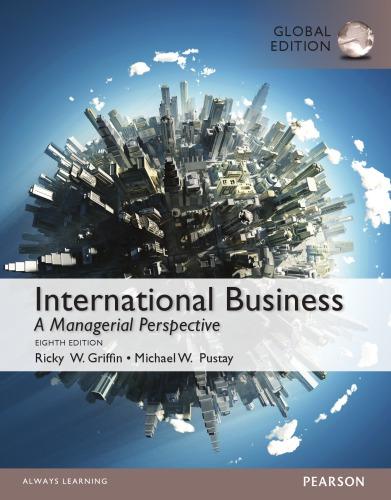P4-10. How does Nucors flat organizational structure contribute to the success of its compensation system? For decades
Question:
P4-10. How does Nucor’s flat organizational structure contribute to the success of its compensation system?
For decades the U.S. steel industry was dominated by large steel companies such as U.S. Steel and Bethlehem Steel. These industry giants operated a small number of mammoth mills that churned out millions of tons of steel each year. “Big Steel” prospered during the 1940s, 1950s, and 1960s as businesses around the world expanded and drove up demand—
and prices—for steel. But their contentious relations with the United Steelworkers union—
“Big Steel” and the United Steelworkers union typified the “us vs. them” mentality that dominated labor relations during those decades—
stifled innovation and flexibility. Big Steel’s stagnation allowed emerging competitors in countries such as Japan and South Korea to pioneer new technologies and approaches to making steel. One such innovation was the so-called mini-mill—a smaller and more efficient production facility that could be located closer to customers.
Step by Step Answer:

International Business A Managerial Perspective
ISBN: 9781292018218
8th Global Edition
Authors: Ricky W. Griffin, Michael Pustay





